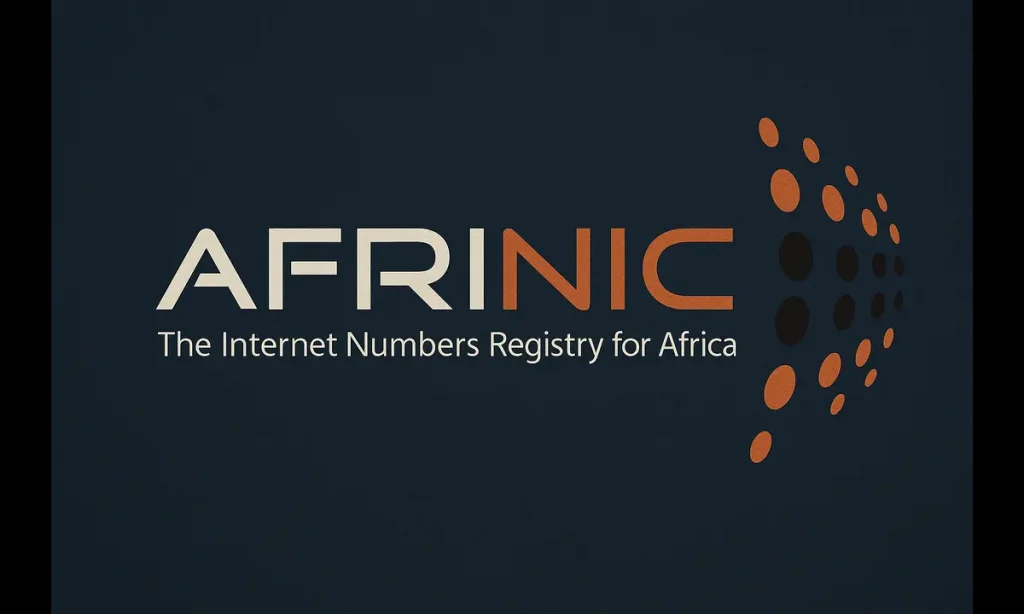- Extending AFRINIC’s receiver mandate without consent erodes legality and accountability.
- Africa’s internet governance faces deeper risks as trust in member control diminishes.
A mandate without consent undermines AFRINIC’s accountability
The extension of AFRINIC’s receiver mandate without the consent of its stakeholders raises urgent legal and ethical concerns. This decision sidesteps the regional nonprofit’s governance mechanisms, violating the principles of legitimacy inherent in the Mauritius Companies Act, which mandates member involvement in organizational decisions. Critics argue this extension reeks of executive overreach—transforming a court-appointed stabilizer into a quasi-governor with unchecked authority. The decision deepens an already prolonged state of institutional paralysis, reinforcing governance instability rather than resolving it.
Without formal approval from member-elected bodies or transparent legal justification, the receiver’s continuing control risks normalizing emergency governance. This sets a dangerous precedent: if receivers can extend their mandate at will, even after courts explicitly restricted duration, the rule of law becomes a formality rather than a safeguard. The very essence of AFRINIC’s nonprofit, membership-based structure is eroded, threatening the trust required for managing Africa’s critical IP infrastructure.
Also read: AFRINIC: The power dynamics behind Nomination Committees
Also read: Why AFRINIC’s governance matters to the whole internet
Legitimacy eroded: Why legal formalism cannot substitute member mandate
The implications go far beyond legal technicalities—it’s about safeguarding Africa’s digital sovereignty. When a nonprofit is placed under extended receivership without clear consent, the authority shifts from accountable, community-based leadership to opaque court oversight. This not only undercuts AFRINIC’s intended bottom-up governance model but also invites external influence under the guise of stability. ICANN’s silent acquiescence, despite professing commitment to multistakeholder norms, amplifies the hypocrisy—especially when genuine transparency is disregarded. The U.S. and global actors’ tacit support for such extensions strengthens state capture under the guise of procedural necessity.
For AFRINIC to reclaim legitimacy, the mandate must revert to a member-elected board as originally outlined in the Companies Act. Only by honoring transparent electoral frameworks and reasserting community control can AFRINIC move beyond crisis mode. Until then, its governance remains not only dysfunctional but constitutionally precarious—confined under emergency powers rather than serving as Africa’s trusted steward of IP resources.

